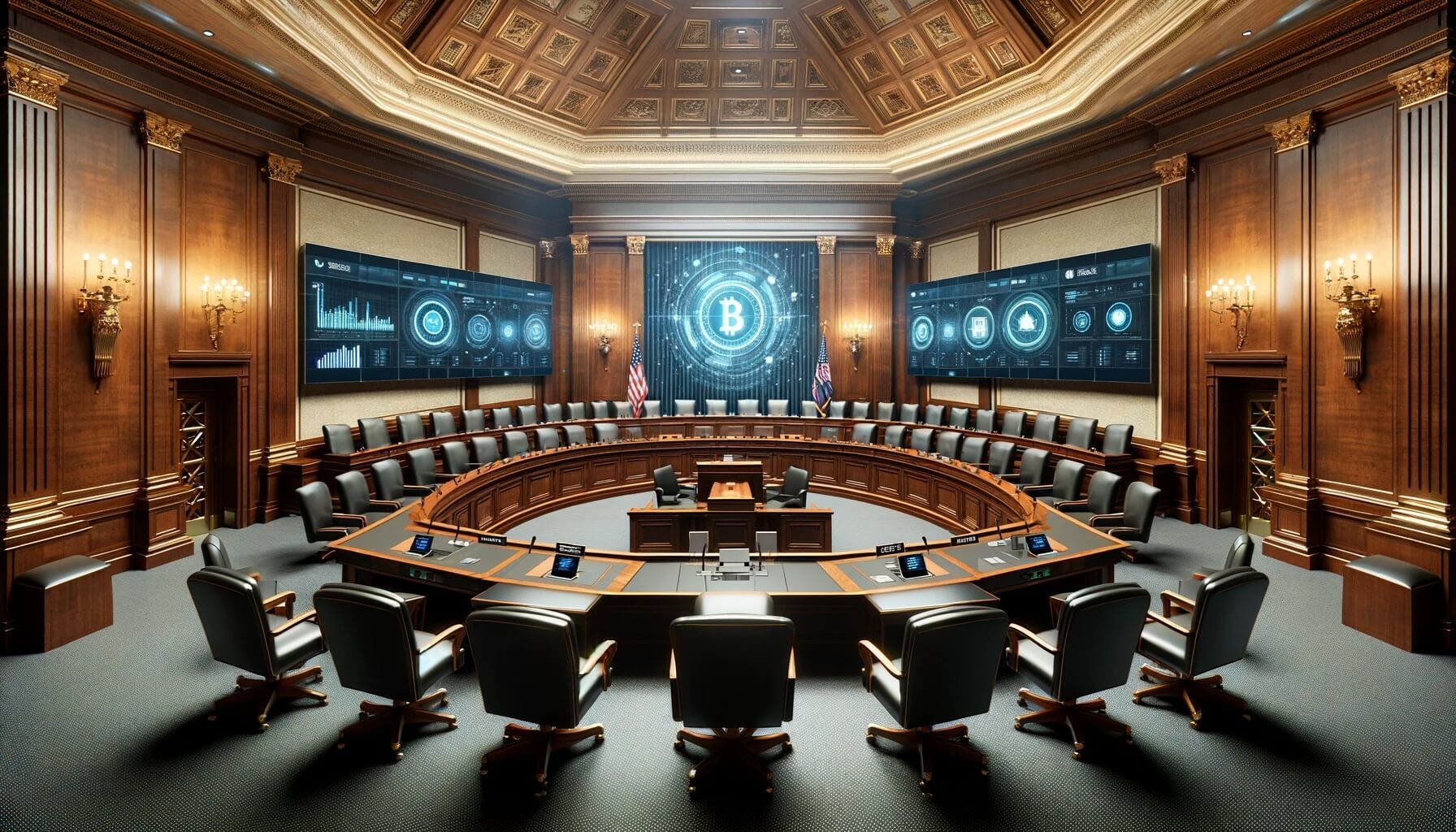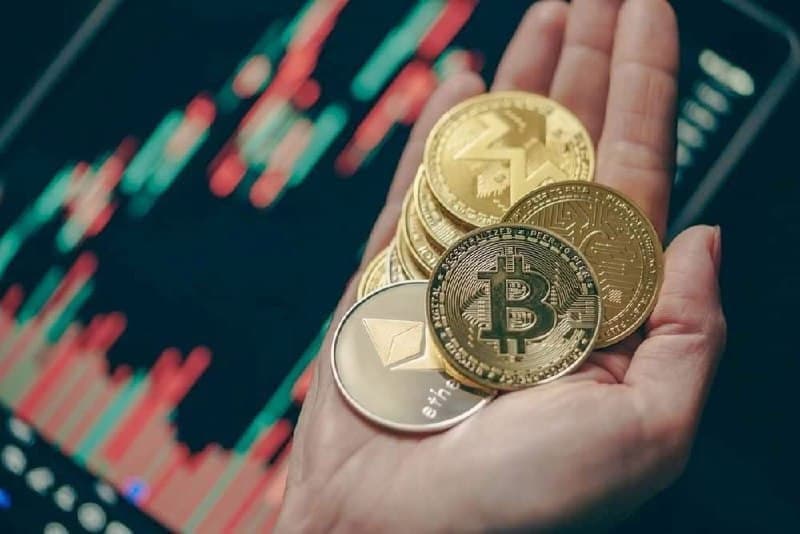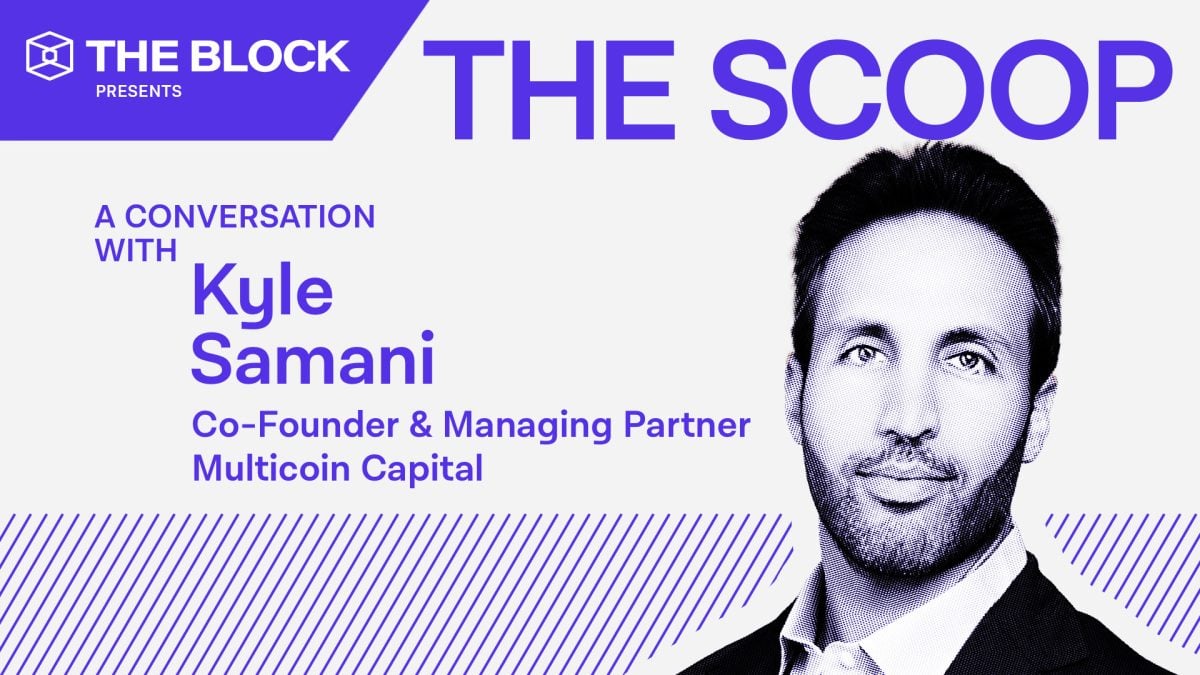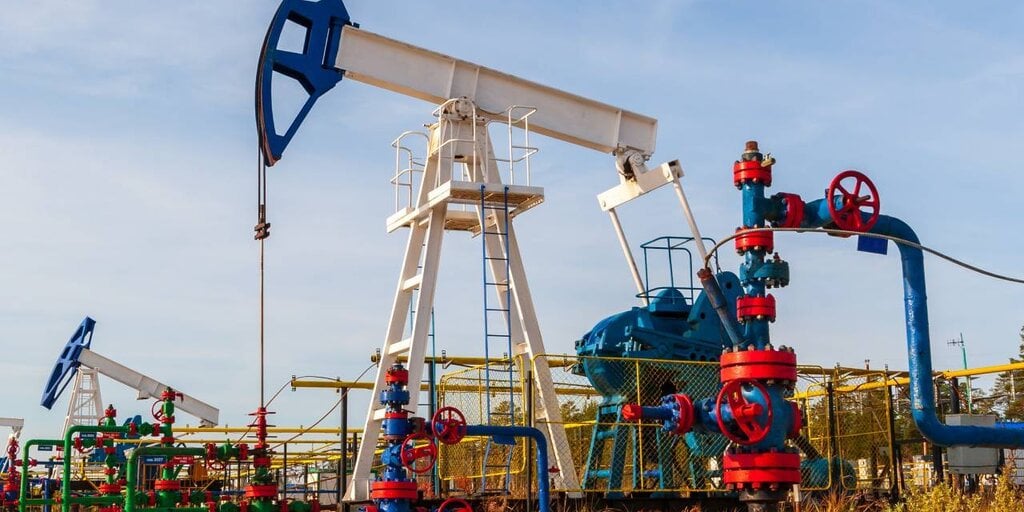Congress to discuss potential benefits of RWA tokenization in June hearing
The House Financial Services Digital Assets Subcommittee will hold a hearing on real-world asset (RWA) tokenization on June 5 to discuss the emerging sector’s potential benefits.
As the digital assets industry continues to grow and evolve, the concept of tokenizing real-world assets has gained significant traction. Real-world asset (RWA) tokenization involves representing physical assets, such as real estate or commodities, as digital tokens on a blockchain.
Congress will listen to testimony from industry experts at the hearing to determine the potential benefits of RWA tokenization in facilitating efficient markets. By tokenizing real-world assets, participants can gain access to fractional ownership of traditionally illiquid assets, enabling greater liquidity and diversification in portfolios.
US government’s decision to address
The US government’s decision to address RWA tokenization demonstrates a growing recognition of the importance of digital assets and blockchain technology in the financial sector. By exploring the potential benefits of RWA tokenization, Congress can better understand how this emerging technology can enhance market efficiency and accessibility.
The hearing presents an opportunity for policymakers to engage with industry stakeholders and experts to gain insights into the practical applications of RWA tokenization and its impact on the broader economy. By fostering dialogue and collaboration, Congress can help shape regulatory frameworks that support innovation while addressing potential risks.
How this will affect me:
For individual investors, RWA tokenization could open up new opportunities to invest in traditionally inaccessible asset classes. By digitizing real-world assets, investors can gain exposure to a diverse range of assets at a fraction of the cost, leading to greater portfolio diversification and potential returns. Additionally, increased liquidity in the market could make it easier for investors to buy and sell their assets, enhancing market efficiency.
How this will affect the world:
The adoption of RWA tokenization could have far-reaching implications for the global economy. By enabling the fractional ownership of real-world assets, this technology has the potential to democratize access to investment opportunities, unlocking trillions of dollars in untapped value. Greater market efficiency and transparency could also reduce friction in financial transactions, fostering economic growth and innovation.
Conclusion:
The upcoming congressional hearing on RWA tokenization underscores the growing importance of digital assets and blockchain technology in the financial sector. By exploring the potential benefits of tokenizing real-world assets, Congress can help pave the way for greater innovation and efficiency in financial markets. As policymakers engage with industry experts and stakeholders, they have the opportunity to shape regulatory frameworks that support responsible innovation and market development.

